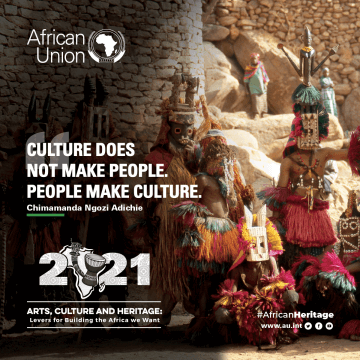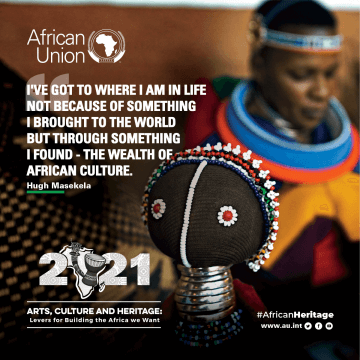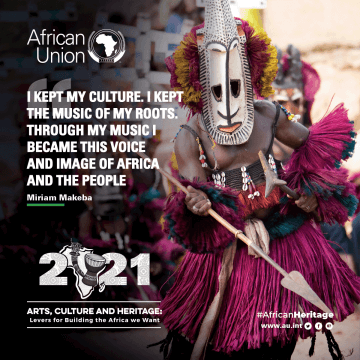Nairobi – The rescue last week of roughly 100 children and young Ugandan women here as they prepared to fly to United Arab Emirates to labour as domestic workers, reinforces the United Nations Office on Drugs and Crime’s (UNODC) recent assessment that human trafficking has become a menace in East Africa over the past decade.
The International Organization for Migration’s (IOM) staff in Kenya are all too familiar with these sorts of cases. Last May 19 Ugandan girls were rescued and in Sept 2018, nearly 60 others were rescued as they prepared to board a flight to Oman.
“Sadly, there are similar stories from countries across the region,” said Mohammed Abdiker, IOM Regional Director for the East and Horn of Africa.
“It is important to ensure countries have policies and legislation in place to address the violations of migrant workers’ rights, smuggling and trafficking in persons as well as combatting organized crime.”
A two-day forum of Labour and Social Protection Ministers and high-level government officials from the East and Horn of Africa this week signed a regional cooperation agreement that is an important step in that direction, making it harder for human traffickers to exploit young people looking for work in Gulf states.
The agreement, finalized signed Tuesday at a forum hosted by the Kenyan government, with support from IOM and the International Labour Organisation (ILO), aims to harmonize labour migration policies in the region to make labour migration, safe, orderly and humane by establishing a common platform for engagement with the Gulf states and other countries that are major employers of African migrants.
Attendees from Kenya, Burundi, Djibouti, Eritrea, Ethiopia, Rwanda, Somalia, South Sudan, Sudan, Uganda, and Tanzania.
The lack of harmonized labour migration policies means migrants risk exploitation and abuse through unfair practices including excessive working hours, passport confiscation, confinement and denial of salary.
Representatives also agreed to form a Regional Ministerial Labour and Social Protection Forum, with a rotational chairmanship.
“This committee, with additional membership from development partners, will take the lead in driving the implementation of key agreements from the Forum,” said Kenya’s cabinet secretary for Labour and Social Protection Simon Chelugui.
“It will also advise and provide progress reports to the ministers in charge of Labour Migration in the region on the Agenda of this and subsequent forums.”
The ministers agreed to cooperate on the provision of diplomatic and consular assistance for migrant workers, especially in countries where some states did not have diplomatic representation, and committed themselves to expanding bilateral labour migration agreements beyond the level of unskilled workers, such as domestic workers, to incorporate other professionals.









